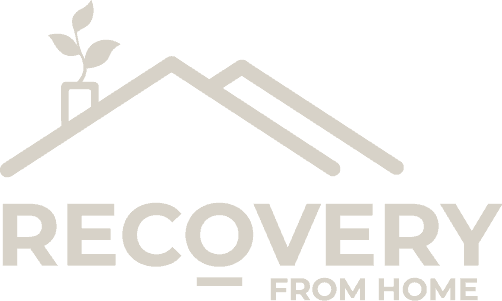What is addiction? A Comprehensive Guide
What is addiction?
Addiction is a chronic disorder characterized by compulsive engagement in rewarding stimuli despite adverse consequences. It’s more than just a lack of willpower or a moral failing; it’s a complex interplay of biological, psychological, and social factors.
Emotional Triggers of Drug Use and Substance Abuse
The journey into substance use is rarely a straightforward path. Instead, it’s often paved with complex emotional experiences, emotional triggers, unresolved traumas, and an intricate interplay of genetic and environmental factors. Understanding why individuals turn to drugs requires a deep dive into the human psyche, exploring the emotional landscape that can make substance use seem like a viable coping mechanism.
The Link of Trauma and Substance Abuse
Trauma plays a significant role in the development of substance abuse, with many individuals turning to drugs or alcohol as a way to cope with emotional pain, past experiences, or unresolved psychological issues. Childhood trauma, PTSD, and other traumatic events often serve as catalysts for substance misuse, creating a cycle that can be difficult to break. Understanding the link between trauma and addiction is crucial for effective recovery. Trauma-informed addiction treatment addresses these underlying causes, providing a comprehensive approach to healing that fosters long-term recovery and emotional well-being, helping individuals rebuild their lives and overcome the impact of their past.
Types of Trauma Trauma can be broadly categorized into two main types:
Acute trauma: This results from a single, intense event such as a natural disaster, a car accident, or a violent assault.
Chronic trauma: This stems from prolonged exposure to distressing situations, such as ongoing abuse, neglect, or living in a war-torn area.
Both types can have profound impacts on an individual's psyche and behavior, potentially leading to substance abuse as a coping mechanism.






